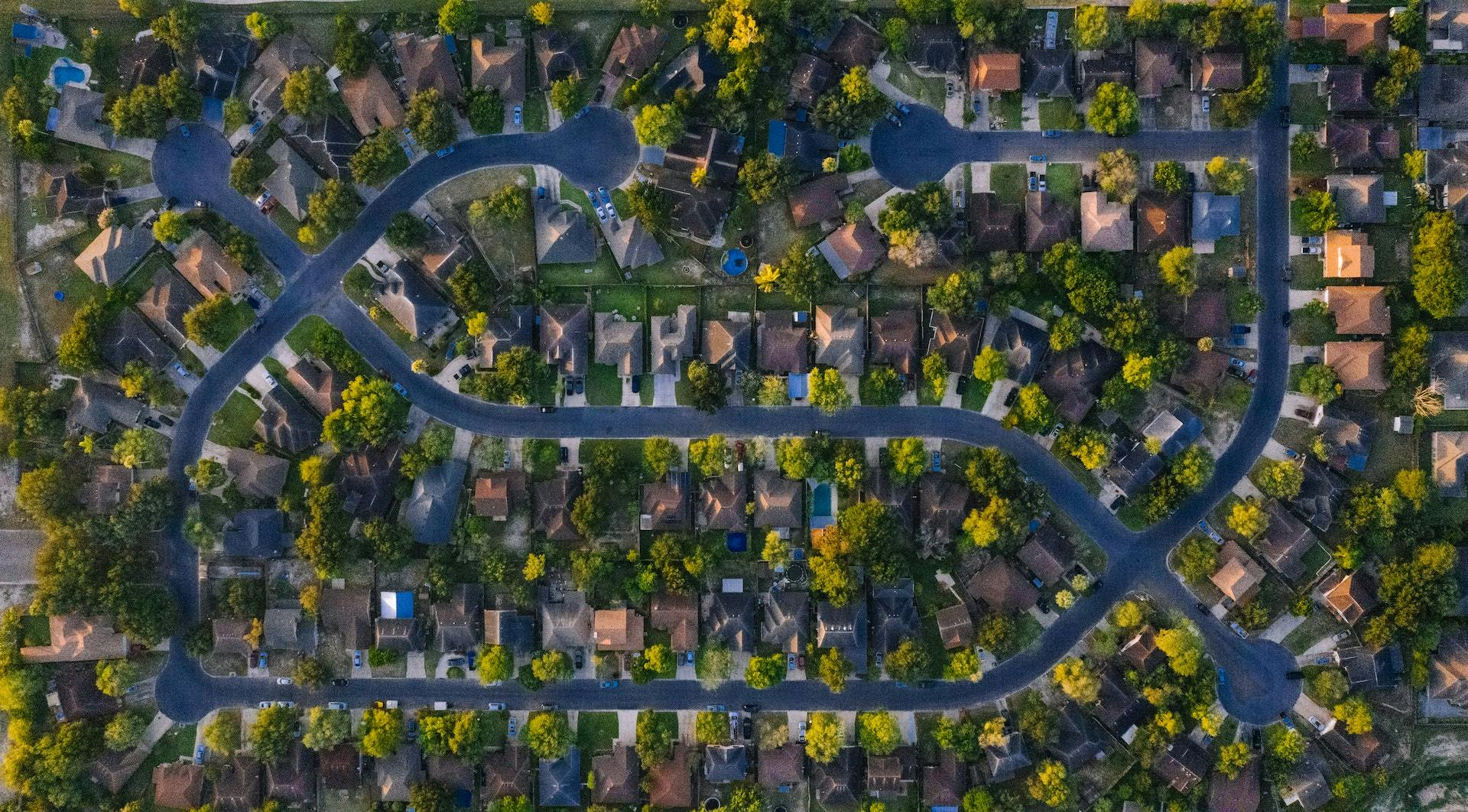The direction of the housing market in 2023 remains uncertain, as mortgage rates increased 15 basis points in April, and pending and existing home sales slumped in March. While the median existing-home sales price edged lower year-over-year for the second consecutive month, substantial nationwide price declines are not expected. Tight inventory continues to keep prices high, creating affordability challenges, especially for first-time homebuyers.
As the spring homebuying season progresses, high mortgage rates and home prices continue to deter prospective homebuyers. Meanwhile, the Federal Reserve voted to raise its key interest rate by one quarter of a percentage point on May 3, with potential further hikes in the future. The housing market remains a mixed bag, with the median existing-home sales price declining 0.9% to $375,700 in March compared to a year ago, yet total existing-home sales dipped 2.4% from February to March and are down 22% from a year ago.
Mortgage rates have edged higher in recent weeks, reaching 6.43% the week ending April 27. If current economic conditions persist, the market may experience a long, slow climb with bumps along the way. One of these bumps includes new mortgage fee rules imposed by the Federal Housing Finance Agency (FHFA), beginning May 1, leading to higher fees for conventional mortgage borrowers who place between 5% and 25% down.
Housing inventory remains low since the 2008 housing crash, as new home construction has not fully recovered. This has led to high demand and elevated home prices. Inventory levels are approximately 46% below the historical average dating back to 1999. It is unlikely that the inventory problem will be resolved in 2023.
Despite inventory challenges, there are positive signals in homebuilding. Single-family construction starts rose for the second consecutive month, increasing 2.7% in March, and applications for building permits increased by 4.1% from the previous month. Builder sentiment has also shown month-over-month increases, signaling a positive trend in new-home construction.
Many economists predict the housing market will correct itself from the double-digit percentage jumps in home prices seen over the past few years rather than crash. Home prices continue to rise in regions where jobs are being added and housing is relatively affordable, while more expensive areas are adjusting to lower prices. Today’s homeowners are on more secure footing than those coming out of the 2008 financial crisis, with many borrowers having positive equity in their homes, making a housing market crash unlikely.
Foreclosures have been edging up since the expiration of the Covid-19 foreclosure moratorium in September 2021, but significant equity among homeowners should help prevent increased levels of foreclosure activity.
Buying a home in 2023 is a highly personal decision. Trying to predict what might happen this year is not the best homebuying strategy. Instead of waiting for much lower prices, experts suggest buying a home based on your budget and needs. If you find a home you love that fits your budget, it might be right for you. Be prepared and stay flexible, as today's market remains highly competitive.
Deciding to sell your home in the current housing market requires careful consideration. If you will be leaving behind a low interest rate mortgage, consider renting the home out. If you just aren't interested in becoming a landlord, start by assessing your property's condition and making any necessary repairs or updates that could increase its appeal to potential buyers. Additionally, consult with a real estate professional to help determine the optimal listing price for your home.


